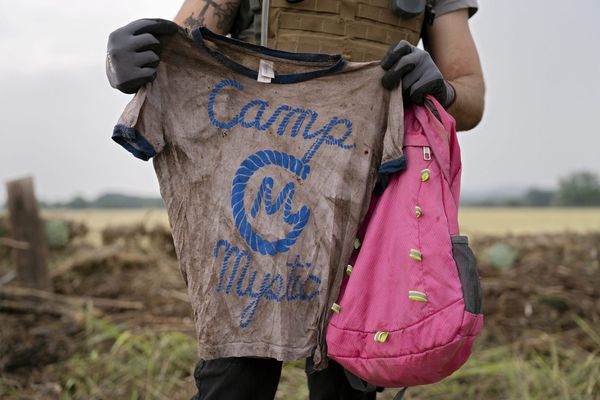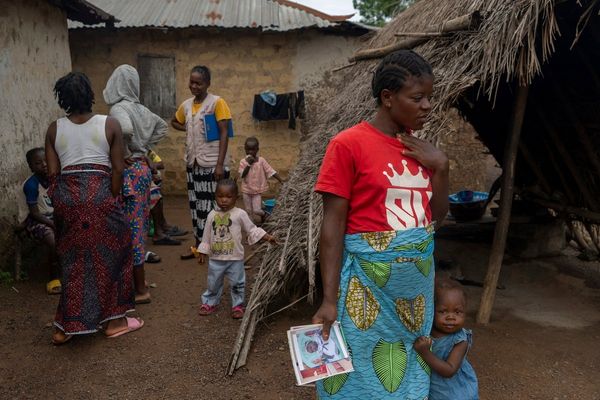A long-awaited coronial inquest into the 2019 police shooting of a 19-year-old Aboriginal man in Australia has found that the officer who killed him held racist views that were “normalised” within the Northern Territory (NT) Police Force.
Zachary Rolfe, 33, then a constable, shot Kumanjayi Walker three times during an attempted arrest in the remote community of Yuendumu. The killing prompted national outrage and renewed focus on the treatment of Indigenous Australians by law enforcement, especially after the inquest revealed text messages between officers using racial slurs and glorifying violence.
Mr Rolfe, who was stabbed in the shoulder with a pair of scissors during the confrontation, claimed he acted in self-defence and was acquitted of murder and manslaughter by a jury in March 2022.
In findings delivered on Monday following a three-year inquiry, NT coroner Elisabeth Armitage said systemic racism and repeated failures by the police to act on prior misconduct complaints against Mr Rolfe contributed to Walker’s death.
“I am satisfied that Mr Rolfe was racist and that he worked in and was the beneficiary of an organisation with hallmarks of institutional racism.”
“This was not a case of one bad apple,” she said.
She said she could not rule out the possibility that Mr Rolfe’s attitudes influenced his actions during the confrontation and may have been a “contributing cause of Kumanjayi’s death”.
This comes despite a separate investigation into the NT Police Force last year concluding that, although there had been historical racism, there was no evidence of such behaviour within the force since 2015.
She also found that the department failed to act on several prior complaints against Mr Rolfe for using excessive force against Aboriginal people, including incidents that caused head injuries. This lack of accountability, she said, gave him a sense of impunity and encouraged his continued mistreatment of Indigenous community members.
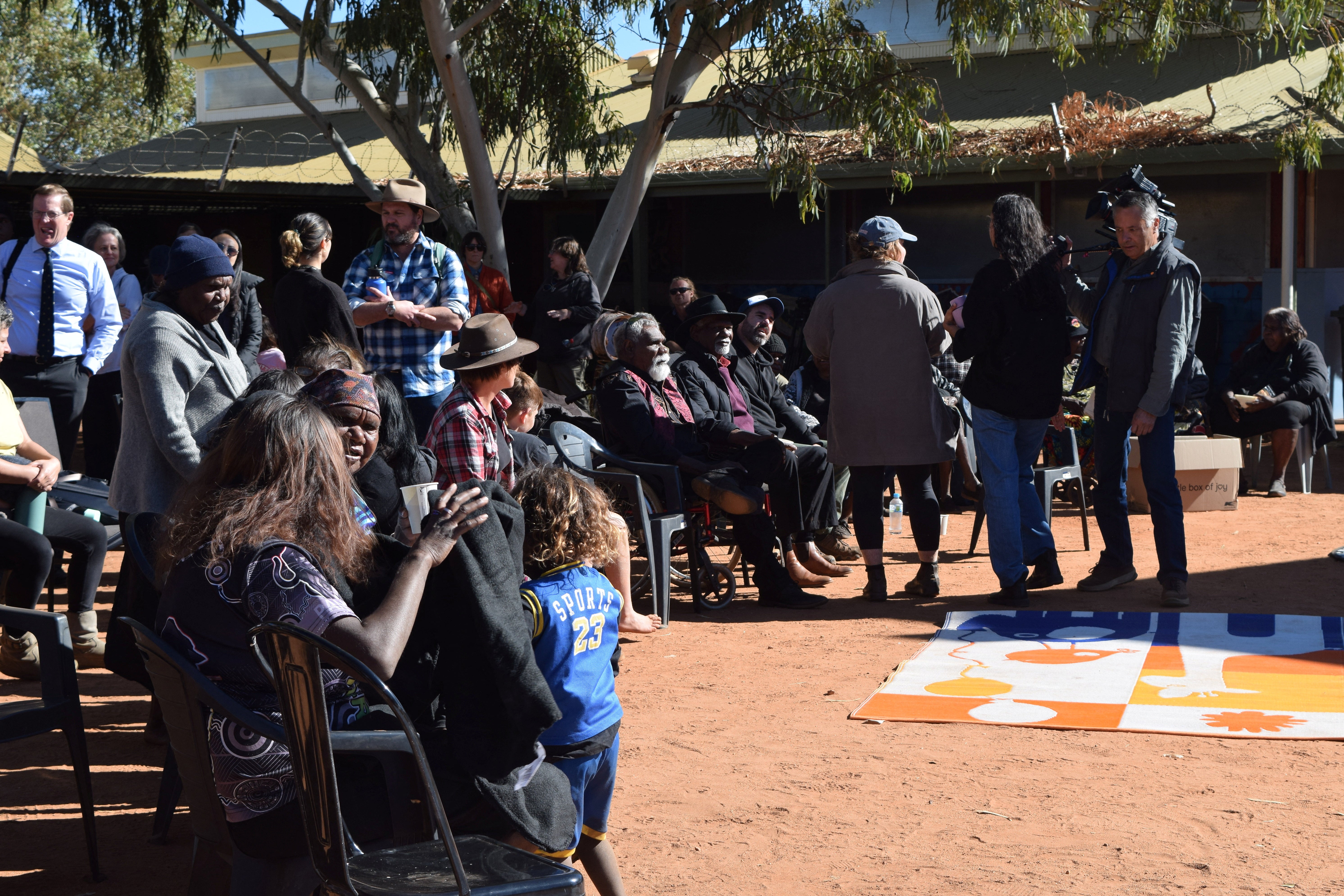
Ms Armitage’s report includes text messages Mr Rolfe exchanged with colleagues prior to the Yuendumu shooting, in which Indigenous people were referred to with racist names. It also details evidence from Mr Rolfe about informal racist awards being handed out within the force.
Ms Armitage noted that Mr Rolfe had a preference for “adrenaline-style policing”, often used excessive force, and tended to “dehumanise” suspects – a mindset she said “may have led him to error” during Walker’s arrest.
“This was a case of officer induced jeopardy – where officers needlessly put themselves in danger making themselves and others vulnerable and creating a situation that justifies the use of deadly force,” Ms Armitage said.
Walker died in November 2019 after being shot three times at close range by Mr Rolfe during a failed arrest at a home in Yuendumu, a remote town about 300km northwest of Alice Springs.
The community faces persistent challenges, including high unemployment and substance abuse.
Walker was wanted for allegedly breaching a court order and, days before his death, had reportedly threatened two police officers with an axe.
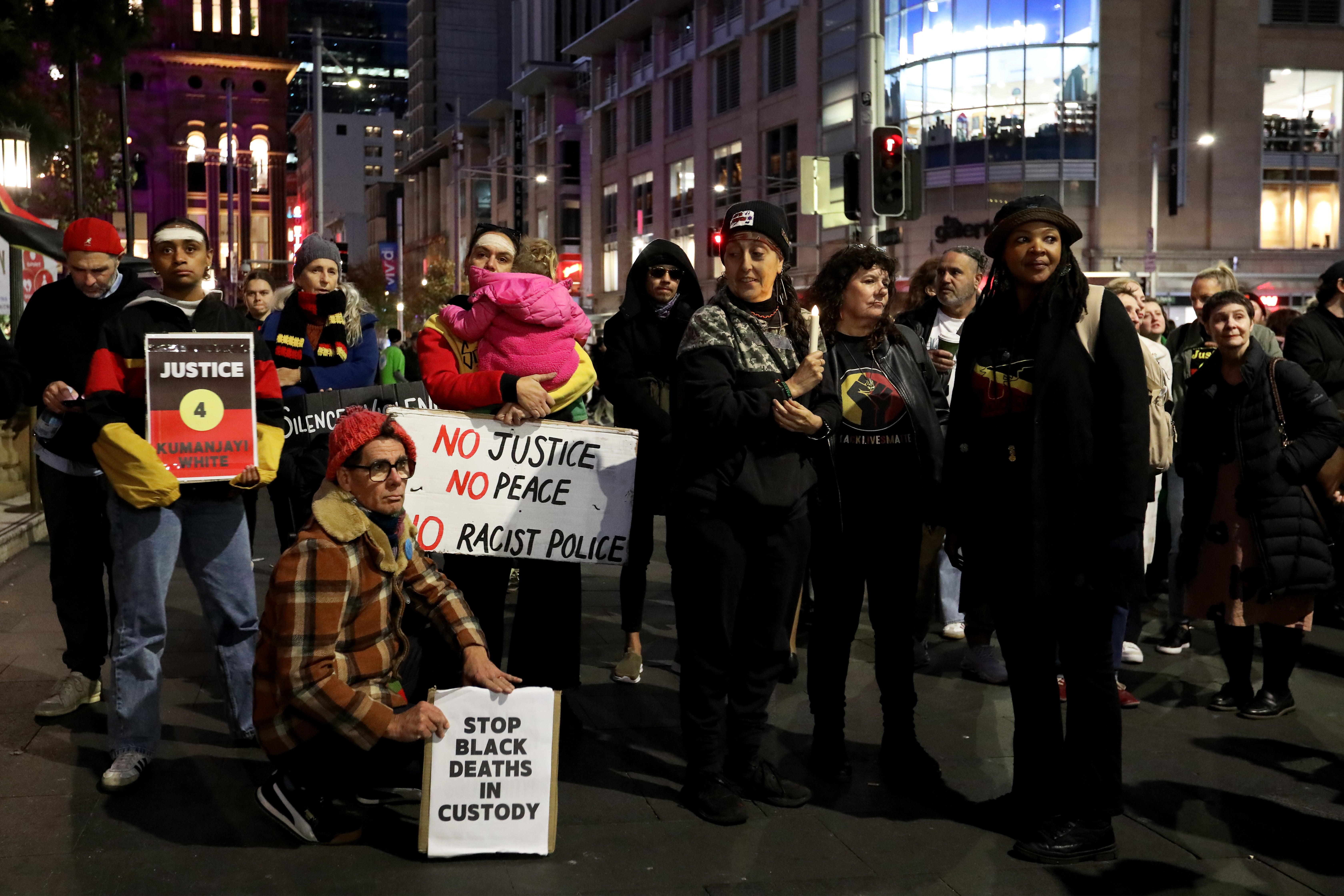
The NT Police said it had implemented anti-racism measures during the inquest and would review the coroner’s recommendations in consultation with Indigenous leaders.
NT Police also said the inquest had been a “long and painful journey for all involved”.
“This has been a hard road, and we are determined to ensure that what has been learned is not lost,” said acting commissioner Martin Dole.
In the close-knit community of Yuendumu, many had cared for Walker, who was orphaned at 12. Walker was deaf in one ear and was believed to have been born with fetal alcohol spectrum disorder (FASD).
On the night he was shot, residents waited outside the police station for hours with no information, The New York Times reported. Walker had a history of police run-ins and was wanted at the time for removing an electronic monitoring bracelet.
“From the age of 13 to 18, Kumanjayi spent a considerable period of time in juvenile detention or under some restraint, such as bail or subject to a court order,” Ms Armitage said.
“On average, for more of half of each year, Kumanjayi was under some form of restraint.”
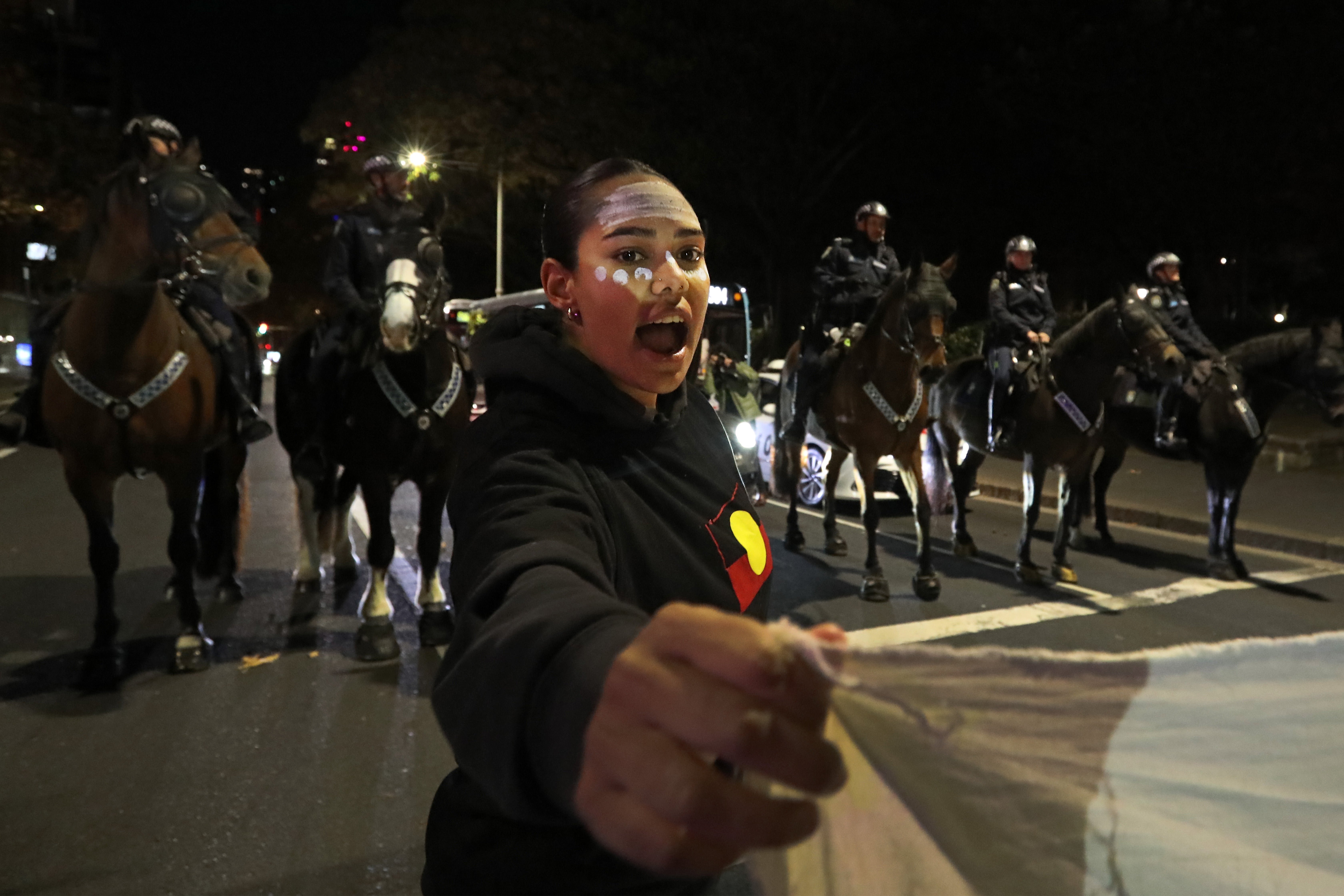
Ahead of the coroner’s findings, Leanne Oldfield, who had helped raise him, said she felt exhausted by the long inquiry process. “My heart is still broke,” she said.
Attorney-General Michelle Rowland acknowledged the NT’s jurisdiction over its justice system but pledged to work with others to reduce Indigenous deaths in custody.
“I acknowledge the profound grief caused by the death of Kumanjayi Walker for his family members and community, and the distress of all those involved in this matter,” she said.
Speaking to the National Indigenous Times ahead of the coroner’s report, Walker’s family said the findings should pave the way for a return to full community control of Yuendumu.
“When we can self-determine our futures and self-govern our communities, our people are stronger, our outcomes are better, our culture thrives,” they said.
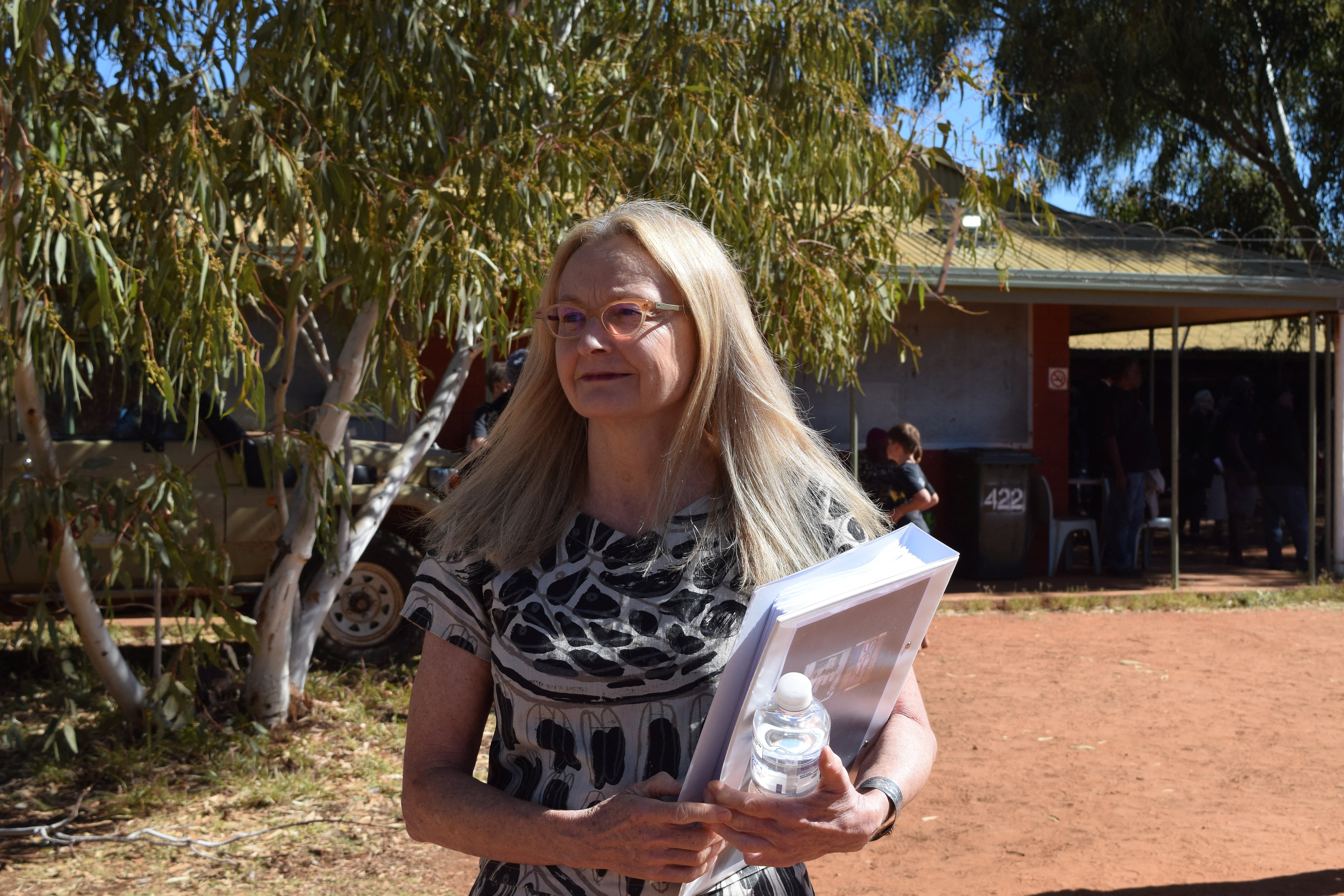
Ms Armitage issued 32 recommendations, including the creation of “mutual respect agreements” to restrict police firearm use in Yuendumu, strengthening and publicly sharing the police’s anti-racism strategy, and ensuring public reporting on its implementation.
Concluding her hour-long address, Ms Armitage thanked all who contributed to the inquest and offered her condolences to Walker’s family. “I am sorry for your profound loss,” she said.
Meanwhile, in a statement to The Australian newspaper, Mr Rolfe hit back at the coroner’s findings, saying he came “from a place of safety”.
“The severity of [Judge] Armitage’s criticism inadvertently highlights how effectively the police have safeguarded her privileged position, granting her a level of security and comfort that insulates her from the harsh realities faced daily by frontline officers and, more importantly, by countless victims of crime throughout the Northern Territory,” Mr Rolfe said, Australian Broadcasting Corporation reported.
“The coroner’s infantilisation of Indigenous communities does not empower but rather diminishes agency and reinforces dependency.
“Unfortunately, this coronial investigation represents a misallocation of valuable time and resources, missing a critical opportunity to propose genuinely beneficial and impactful reforms.”
Asian shares rise after Wall Street falls as Trump pressures trading partners with new tariffs
Wimbledon grounds hit by lightning amid ‘challenging’ weather
Australian state to set up anti-hate task force after Melbourne synagogue arson
Woman ‘loses arm’ in lion attack at Australian zoo
Erin Patterson found guilty of murdering in-laws in Australia’s mushroom murders case
Netanyahu demands end to antisemitic acts after Melbourne synagogue attack

